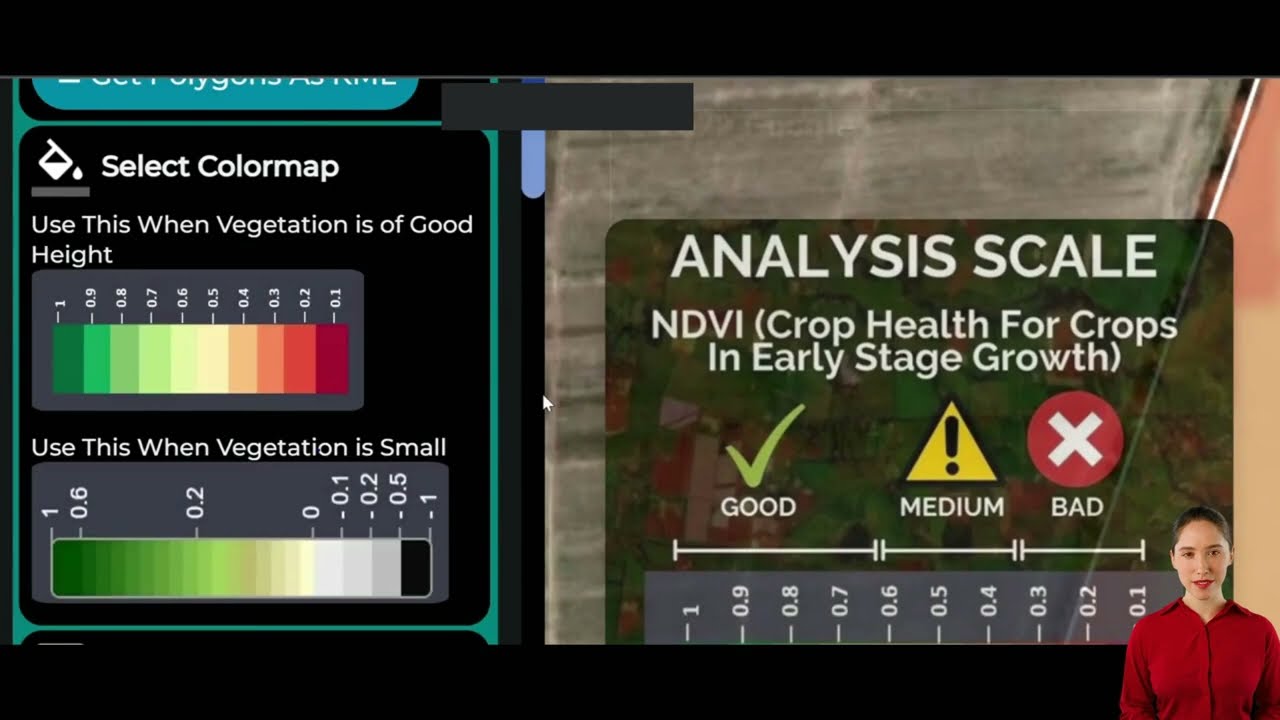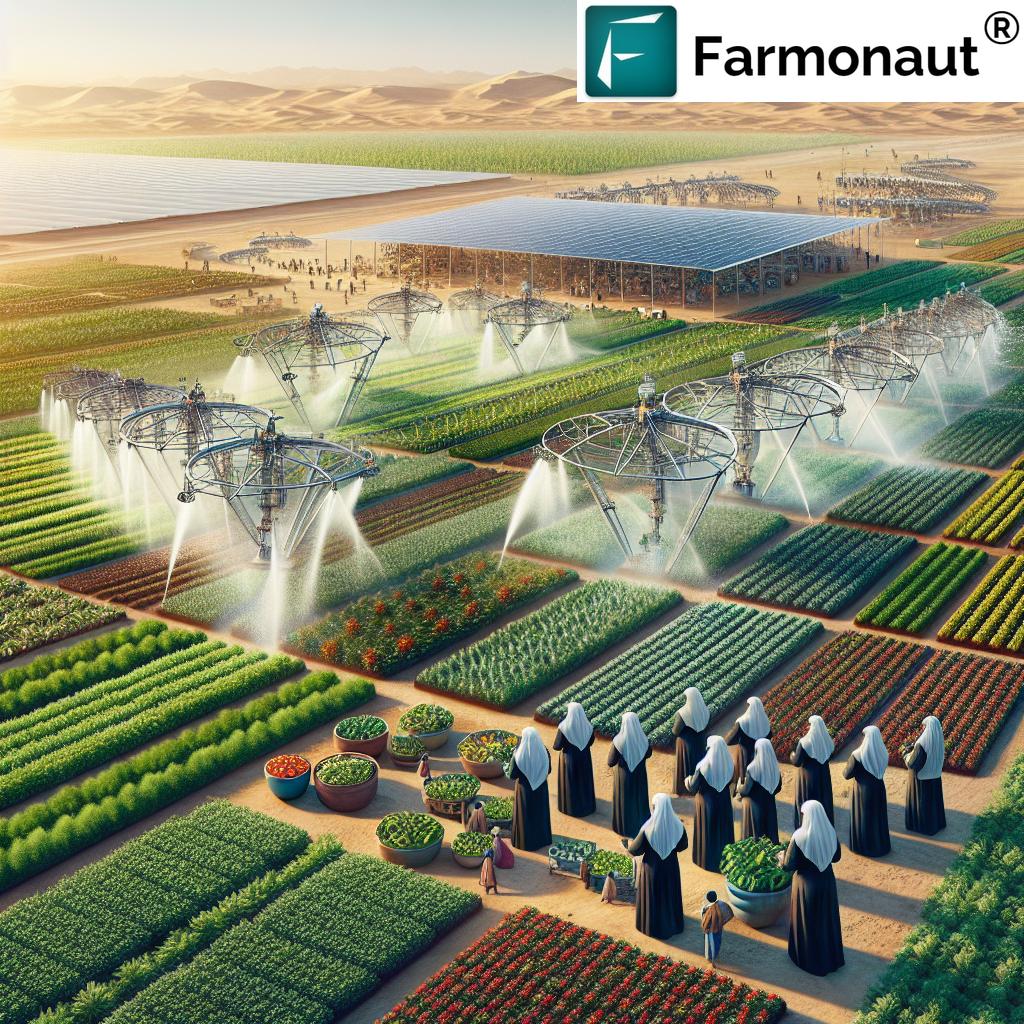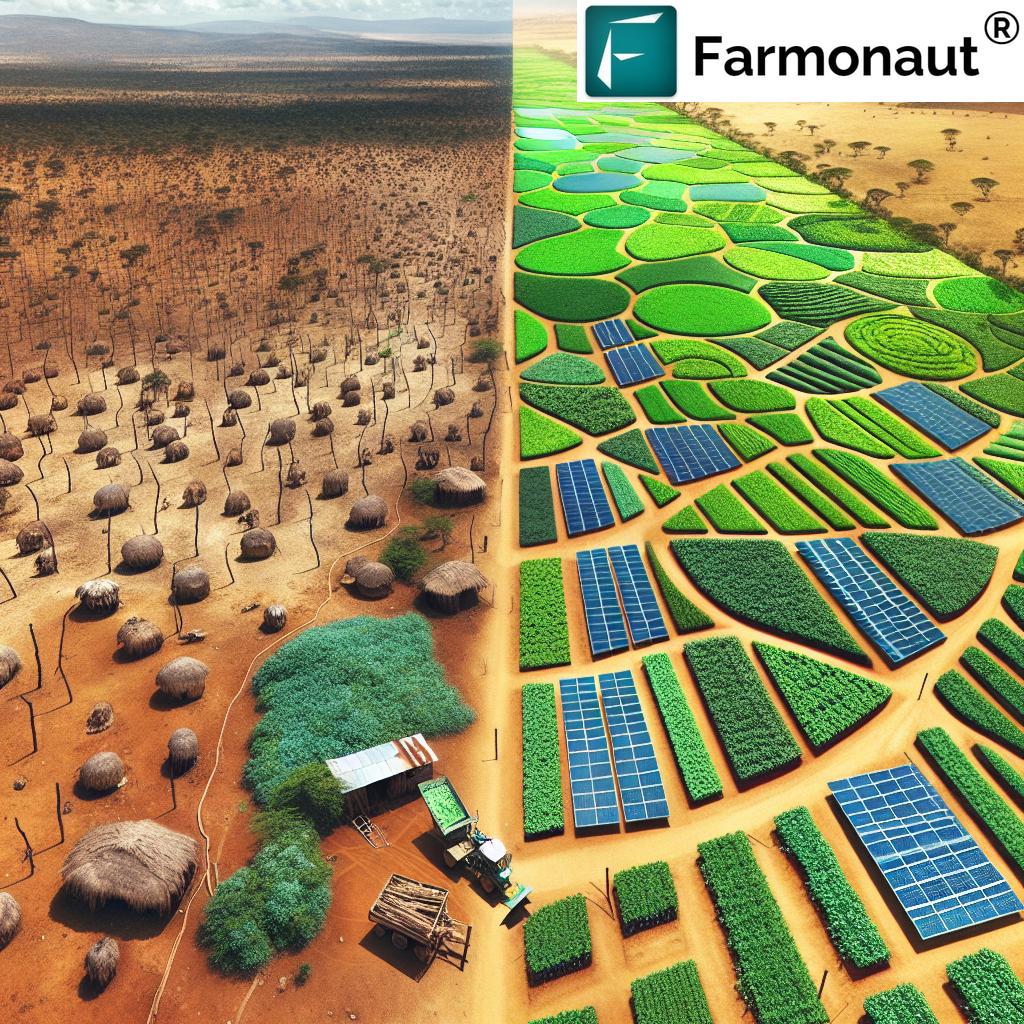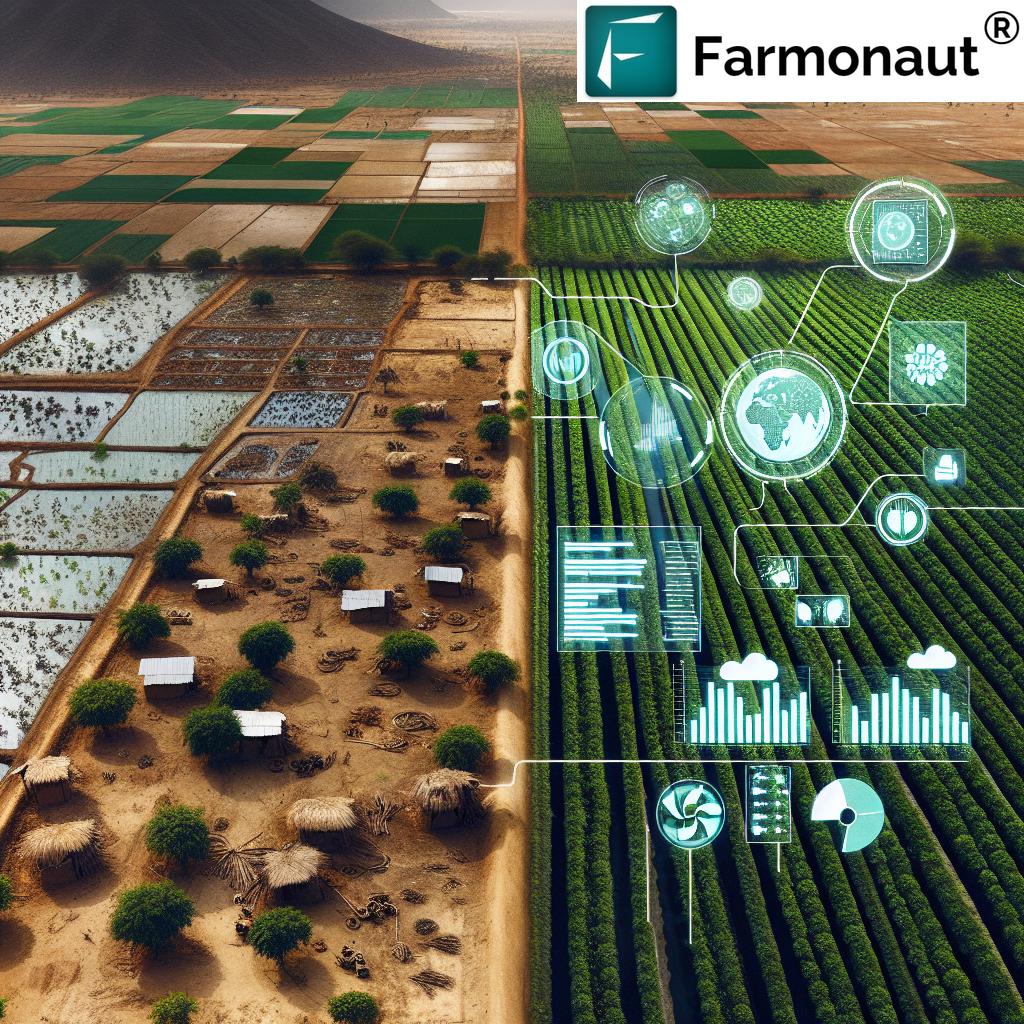Empowering Liberian Women Farmers: Overcoming Land Rights Challenges for Sustainable Agriculture
“In Liberia, women farmers produce up to 60% of agricultural output despite facing significant land access challenges.”
In the heart of West Africa, Liberia’s agricultural landscape is undergoing a transformation. At the forefront of this change are the resilient women farmers who, despite numerous obstacles, continue to play a pivotal role in the country’s food security and economic development. Today, we delve into the complex world of Liberian agriculture, exploring the challenges faced by women farmers and the innovative solutions emerging to empower them.
The Plight of Liberian Women Farmers
Liberia’s agricultural sector is the backbone of its economy, with women constituting about 80% of the agricultural labor force. These hardworking individuals are responsible for producing an astounding 93% of the country’s food crops. However, their journey is far from easy, as they navigate a landscape fraught with challenges, particularly in land access and ownership.
Take, for instance, the story of Mallah Dolo, a 28-year-old single mother from Gbartala, Bong County. Dolo’s transition from university student to farmer was born out of necessity after losing her educational support. Over the past three years, she has cultivated a variety of crops, including cassava, sweet potatoes, and pumpkins. Yet, her farming journey is emblematic of the broader struggles faced by women farmers across Liberia.

Land Rights: The Core Challenge
At the heart of the challenges faced by Liberian women farmers is the issue of land rights. Despite the enactment of the Land Rights Law in 2018, which theoretically supports women’s rights to land ownership and involvement in land governance, the reality on the ground paints a different picture. Women like Dolo are often required to lease land from local Town chiefs, a practice that severely limits their profits as they must relinquish up to half of their harvest as payment.
This disparity between legislation and reality was highlighted during a National Climate Justice Summit organized by ActionAid Liberia. Dolo, along with other female farmers, articulated the plight of women who are often marginalized from land ownership, despite their significant contributions to agricultural production.
The Gap in Awareness and Implementation
One of the critical issues exacerbating the land rights problem is the lack of awareness about the Land Rights Law. Ms. Amelia Cassell, the Bong County Land Administrator, noted that her office was unaware of the land leasing troubles faced by women farmers. This gap in knowledge underscores the urgent need for increased community awareness and education programs to effectively enforce land rights.
To address this issue, organizations like Domafeign are advocating for women’s access to public land for farming without incurring fees. However, the path to realizing this goal is fraught with challenges, including deeply ingrained cultural norms and customary land governance practices that often favor men.
Climate-Smart Agriculture: A Ray of Hope
In the face of these challenges, climate-smart agriculture emerges as a beacon of hope for Liberian women farmers. This approach combines traditional farming knowledge with modern sustainable practices, helping farmers adapt to changing climate conditions while improving productivity.
Climate-smart techniques being adopted include:
- Intercropping: Planting different crops together to maximize land use and improve soil health
- Water management: Implementing efficient irrigation systems to conserve water
- Soil conservation: Using techniques like mulching and crop rotation to maintain soil fertility
- Agroforestry: Integrating trees into farming systems to improve biodiversity and provide additional income sources
These practices not only help in mitigating the effects of climate change but also contribute to increased food security and improved livelihoods for women farmers.
Sustainable Farming Practices: Empowering Women Through Knowledge
Sustainable farming practices are at the core of empowering Liberian women farmers. By adopting these methods, women can increase their yields, improve the quality of their produce, and contribute to environmental conservation. Some key sustainable practices being promoted include:
- Organic Farming: Encouraging the use of natural fertilizers and pest control methods
- Crop Diversification: Growing a variety of crops to reduce risk and improve soil health
- Conservation Agriculture: Minimizing soil disturbance and maintaining crop residues to improve soil structure
- Integrated Pest Management: Using a combination of biological, cultural, and chemical methods to control pests
These practices not only contribute to sustainable agriculture but also empower women by reducing their dependence on expensive inputs and improving their resilience to climate shocks.
Cassava Cultivation: A Staple Crop with Potential
Cassava, a staple crop in Liberia, plays a crucial role in the country’s food security. Women farmers like Mallah Dolo are at the forefront of cassava cultivation, employing various techniques to improve yields and quality. Some innovative cassava cultivation techniques include:
- Improved variety selection: Choosing high-yielding, disease-resistant cassava varieties
- Proper spacing: Ensuring optimal plant density for maximum yield
- Soil fertility management: Using organic matter and crop rotation to maintain soil health
- Integrated pest and disease management: Combining cultural, biological, and chemical control methods
By mastering these techniques, women farmers can increase their cassava production, contributing significantly to both household food security and income generation through value-added processing, such as the production of farina.
“Liberia’s 2018 Land Rights Act aims to formalize 70% of the country’s land, potentially benefiting women farmers.”
Sweet Potatoes and Other Vegetables: Diversifying Crops for Resilience
In addition to cassava, Liberian women farmers are cultivating a diverse range of crops, including sweet potatoes, pumpkins, corn, bitter balls, garden eggs, okra, pepper, and potato greens. This crop diversification strategy serves multiple purposes:
- Improved nutrition: Providing a varied diet for rural communities
- Risk mitigation: Reducing vulnerability to crop failures or market fluctuations
- Soil health: Different crops have varying nutrient requirements, helping maintain soil fertility
- Income stability: Offering multiple sources of income throughout the year
By growing a variety of vegetables, women farmers like Dolo are not only ensuring food security for their families but also contributing to the overall nutritional health of their communities.

The Role of Technology in Empowering Women Farmers
In the quest to empower Liberian women farmers, technology plays a crucial role. Innovative solutions like those offered by Farmonaut are making precision agriculture more accessible and affordable. Through satellite-based farm management solutions, women farmers can gain valuable insights into their crops’ health, soil moisture levels, and other critical metrics.
Farmonaut’s platform provides several key benefits for women farmers in Liberia:
- Real-time crop health monitoring
- AI-based advisory systems for improved decision-making
- Resource management tools to optimize farm inputs
- Weather forecasts to plan farming activities effectively
By leveraging these technological solutions, women farmers can make informed decisions about irrigation, fertilizer usage, and pest management, ultimately optimizing their crop yields and reducing resource wastage.
Explore Farmonaut’s innovative solutions:
Overcoming Agricultural Land Leasing Challenges
The practice of agricultural land leasing in Liberia presents significant challenges for women farmers. Many, like Mallah Dolo, are required to lease land from local chiefs, often at exorbitant rates that can amount to half of their harvest. This system perpetuates a cycle of poverty and limits the potential for growth and investment in farming practices.
To address these challenges, several strategies are being explored:
- Advocacy for fair leasing practices
- Education on land rights and legal protections
- Development of community-based land management systems
- Promotion of long-term leasing agreements to provide stability for farmers
By addressing these leasing challenges, we can create a more equitable environment for women farmers, allowing them to invest in their land and improve their agricultural practices without the fear of losing access to their farmland.
Education and Awareness: Key to Empowerment
Education and awareness programs are crucial in empowering women farmers in Liberia. These initiatives focus on various aspects of farming and land rights, including:
- Agricultural training: Teaching modern farming techniques and sustainable practices
- Financial literacy: Educating women on budgeting, saving, and accessing credit
- Legal awareness: Informing women about their rights under the Land Rights Law
- Leadership skills: Empowering women to take on leadership roles in their communities
By providing women with knowledge and skills, these programs are helping to bridge the gap between legal rights and practical realities, enabling women to assert their rights and improve their farming practices.
Customary Land Governance: Balancing Tradition and Progress
Customary land governance remains a significant factor in Liberian agriculture. While these traditional systems have deep cultural roots, they often disadvantage women farmers. Efforts are being made to reconcile customary practices with modern land rights laws, including:
- Engaging traditional leaders in land rights discussions
- Promoting women’s participation in customary decision-making processes
- Documenting and formalizing customary land rights to provide greater security
- Encouraging equitable inheritance practices that include women
By finding a balance between customary practices and modern land rights, we can create a more inclusive system that respects tradition while ensuring equal opportunities for women farmers.
Community Development: The Ripple Effect of Empowering Women Farmers
Empowering women farmers has a profound impact on community development in rural Liberia. When women have secure access to land and resources, the benefits extend far beyond individual farms. Some of the positive outcomes include:
- Improved food security for families and communities
- Increased household income and economic stability
- Better education opportunities for children, especially girls
- Enhanced community health through improved nutrition
- Greater participation of women in community decision-making
By supporting women farmers, we are investing in the future of entire communities, creating a more resilient and prosperous rural Liberia.
The Path Forward: Integrating Technology and Tradition
As we look to the future of agriculture in Liberia, the integration of modern technology with traditional farming knowledge offers a promising path forward. Platforms like Farmonaut provide valuable tools that can complement and enhance the rich agricultural heritage of Liberian women farmers.
For instance, Farmonaut’s satellite-based crop health monitoring can be combined with traditional knowledge of local weather patterns and soil conditions. This integration allows farmers to make more informed decisions about planting times, irrigation, and pest management.
Explore Farmonaut’s API for custom agricultural solutions:
Comparison of Land Rights and Agricultural Challenges for Liberian Women Farmers
| Issue | Traditional Practice | Current Legal Status | Practical Challenges | Potential Solutions |
|---|---|---|---|---|
| Land Ownership | Predominantly male-owned | Equal rights under 2018 Land Rights Law | Limited implementation, cultural barriers | Awareness campaigns, legal support for women |
| Inheritance Rights | Patrilineal inheritance common | Equal inheritance rights legally recognized | Customary practices often override legal rights | Education on legal rights, community engagement |
| Access to Credit | Limited due to lack of collateral | No gender-based legal restrictions | Limited financial literacy, lack of formal land titles | Microfinance initiatives, financial education programs |
| Agricultural Training | Informal, passed through generations | Government and NGO-led programs available | Limited reach, accessibility issues for rural women | Mobile training units, peer-to-peer learning networks |
| Crop Selection | Based on traditional knowledge | Freedom to choose crops | Limited market information, climate change impacts | Climate-smart agriculture training, market linkage programs |
Conclusion: A Brighter Future for Liberian Women Farmers
The journey towards empowering Liberian women farmers is complex and multifaceted. It requires a concerted effort from government bodies, NGOs, technology providers, and the farmers themselves. By addressing the challenges of land rights, providing education and resources, and leveraging innovative technologies, we can create a more equitable and sustainable agricultural sector in Liberia.
Women like Mallah Dolo represent the resilience and potential of Liberian farmers. Their stories inspire us to continue working towards a future where every woman farmer has the opportunity to thrive, contributing to their families, communities, and the nation as a whole.
As we move forward, let us remember that empowering women farmers is not just about agriculture – it’s about building a stronger, more equitable Liberia for all. By supporting these hardworking individuals, we are investing in food security, economic growth, and sustainable development for generations to come.
Farmonaut Subscriptions
Frequently Asked Questions
Q: What are the main challenges faced by women farmers in Liberia?
A: The main challenges include limited access to land ownership, difficulties in leasing agricultural land, lack of awareness about land rights laws, limited access to credit and agricultural training, and the impacts of climate change on farming practices.
Q: How does the 2018 Land Rights Law in Liberia affect women farmers?
A: The 2018 Land Rights Law theoretically supports women’s rights to land ownership and involvement in land governance. However, there is a significant gap between the law and its implementation, with many women still facing barriers to land access and ownership.
Q: What is climate-smart agriculture, and how does it benefit Liberian women farmers?
A: Climate-smart agriculture combines traditional farming knowledge with modern sustainable practices to help farmers adapt to changing climate conditions while improving productivity. It benefits women farmers by increasing yields, improving resilience to climate shocks, and promoting sustainable use of resources.
Q: How can technology help empower women farmers in Liberia?
A: Technology, such as satellite-based farm management solutions offered by Farmonaut, can provide women farmers with valuable insights into crop health, soil moisture levels, and weather patterns. This information helps them make informed decisions about irrigation, fertilizer usage, and pest management, ultimately optimizing crop yields and reducing resource wastage.
Q: What role do education and awareness programs play in empowering women farmers?
A: Education and awareness programs are crucial in empowering women farmers by providing knowledge about modern farming techniques, financial literacy, legal rights, and leadership skills. These programs help bridge the gap between legal rights and practical realities, enabling women to assert their rights and improve their farming practices.



















